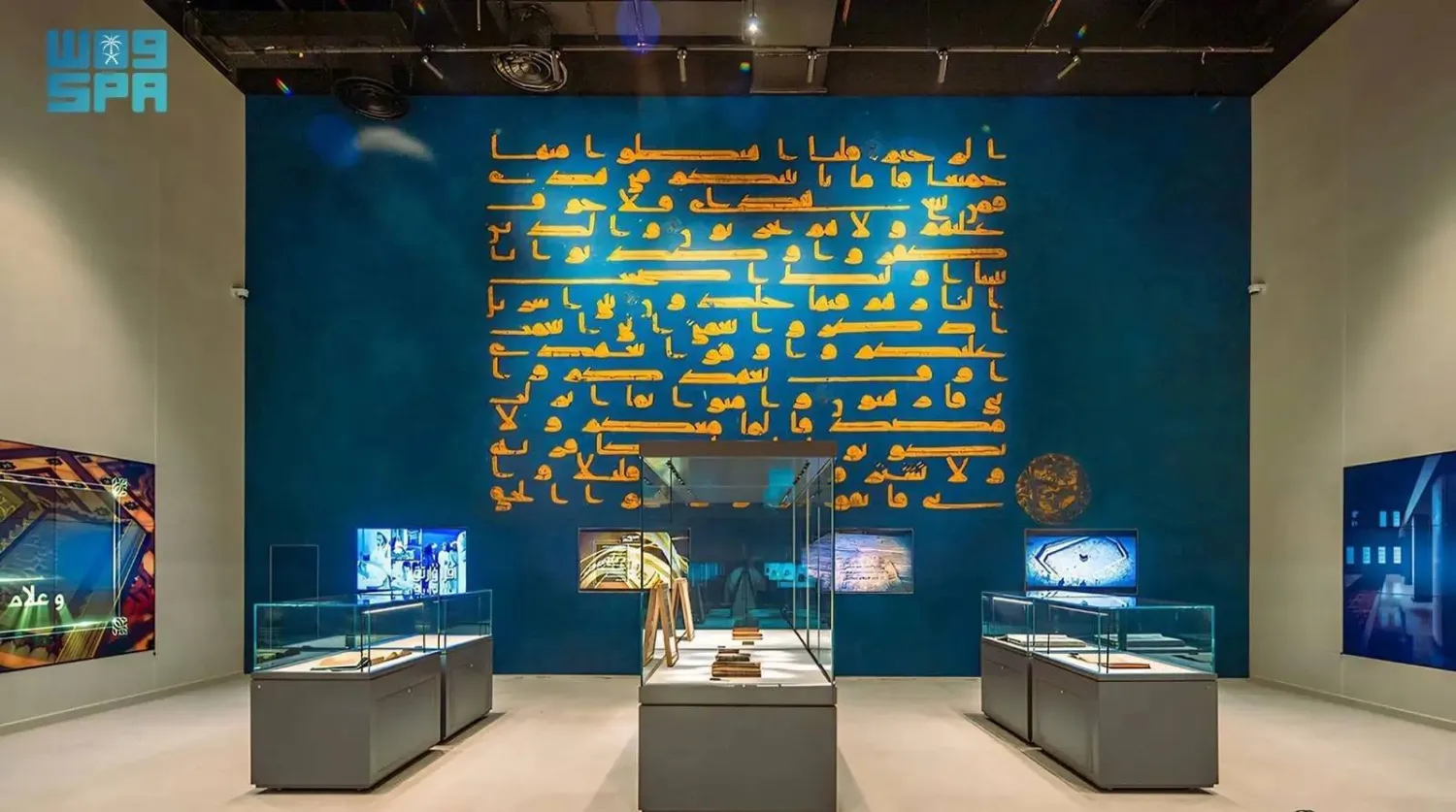Sudanese novelist Imad Bulayk has released a new novel (Angels in Fars) in collaboration with Willows House Publishing in the Juba city, southern Sudan. His last two works, “Rama” by Cairo-based Dar Said Publishing, and “The Miracle of Buddha” by Kuwait-based Platinum Book Publishing, were published two years ago.
The novel revolves around the story of people displaced from the Wadi Halfa city, northern Sudan, after the construction of the high dam in the early 1960s, and the October Revolution (1964) against the military rule in the country, which caused a forced displacement that many historians overlooked.
In his book, the author talks about a Polish excavation expedition that comes to rescue what survived of the ancient church in the 600-year-old city of Fars before it drowns due to the dam’s flood. The main character is Carlos Giovani, member of the excavation expedition, coming from Athens with a mysterious history and life. He moves from Alexandria to Khartoum and lives in Sudan, where he discovers another world and contributes to the cultural and scientific life until he dies.
In his “surreal journey”, we read about his life as an academic, a cleric, a philosopher, and a human being searching for the truth and the aim of his existence.
Giovani conducts research about the church and Christianity in Sudan, the drowned kingdom in the northern of the country, and the history of the ancient Christian kingdoms that extended to the southern Egyptian borders. Then he fell sick, and although doctors say his case is hopeless, he eventually heels with the power of the places “we love”.
The novel uses Sudan’s modern history, from independence until our present time, as a background for the political and social developments, to reflect the image of the country known for its ethnic, cultural, and artistic diversity, as well as its wars and conflicts. Bulayk dives into the ancient history of Sudan, before Islam and the Arab settlement in the country, starting with the Idolatry and the Nubian kingdom, and explores a history of traditions and rituals that has survived until our days.
Imad Bulayk is a Sudanese novelist and journalist. He studied architecture at the Khartoum University, and wrote literary criticism articles in local newspapers. He worked in journalism in Sudan, Qatar, Oman, and wrote in many Arabic newspapers and websites. He has 26 publications including novels, stories, and books on literary criticism, thought, and political studies. He is currently the editor-in-chief of the London-based Independent Arabia.
He released his two first novels in 2004, “Contaminated Rivers” and “The World of Oday”. Among his other works are “Blood in Khartoum” (2008) and “Shawarma” (2014).









